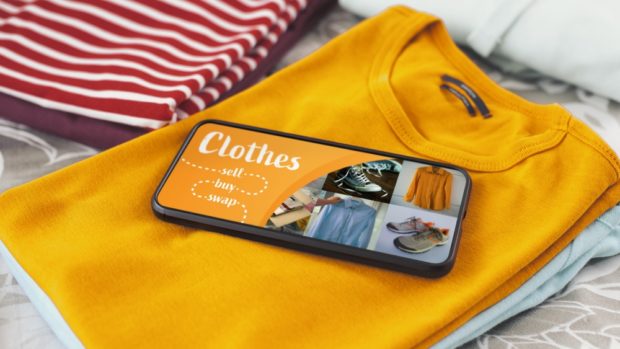Ve Global has published the findings of new research revealing the top products British consumers find difficult to buy online. The results reveal the reasons why consumers have less confidence shopping online and what online retailers need to do to compete for these often in-person purchases.
As part of the research, consumers ranked products they have started buying online in the last 12 months to uncover the most challenging product categories to purchase, with clothing (27 per cent), groceries (21 per cent), vehicles (20 per cent) and home & garden furniture (16 per cent) coming out top. The research also highlights the reasons why these products are difficult to buy online, compared to in-store, revealing that British consumers are missing aspects of the in-person shopping experience.
Top reasons include difficulty browsing for products online (25 per cent), confusing product specifications (21 per cent) and not being able to ask a sales assistant for guidance or advice (21 per cent). Consumers missed getting help from sales assistants most when shopping online for white goods (37 per cent), consumer electronics (37 per cent), vehicles (29 per cent) and beauty products (26 per cent), which are typically considered high value purchases and/or long term investments. Other common reasons included not being able to touch or test products (61 per cent), or gauge the size of products (45 per cent).
The research shows that consumers are missing the same tailored in-store experience when shopping online, as they seek out the necessary guidance to find products and complete their purchase. A quarter (25 per cent) of consumers said being able to ask questions and get advice live on the site would make them more likely to buy products that are challenging to buy online. Consumers also said detailed product details (31 per cent), the ability to tailor research results to their needs (21 per cent) and the ability to discover relevant products more easily (20 per cent) would make them more likely to complete their purchase.
“With the return of in-store shopping, and the personal service it brings, consumers looking for products that they find difficult to buy online will be the first to ditch the laptop for the high street,” said Jack Wearne, CEO at Ve Global. “So having a website alone isn’t enough for online retailers to compete for considered purchases. Adaptable brands are experimenting with technology to make online shopping even more convenient. Brands that can reimagine the in-store sales assistant online will enable customers to get the guidance they need to discover and choose products, and importantly get the same premium experience they’re used to getting in-store.”
More key findings from the research include:
- Younger shoppers are increasingly browsing in-store before buying online: The research reveals that half (52per cent) of 25-34 year olds and 47 per cent of 18-24 year olds like to browse or research products in-store, before going online to make their purchase, suggesting retailers must prioritise a seamless multichannel experience.This compared to 35 per cent of people on average. Younger shoppers were also most likely to shop online more than in-store even once the pandemic is over, with 53 per cent of 18-24 year olds and 51 per cent of 25-34 year olds saying that was the case.
- Clothing is a pain to buy online, for older age groups: A third (30 per cent) of consumers said they started buying clothing, shoes and accessories online in the last 12 months. However, almost half (47 per cent) of 45-54 year olds and (46 per cent) 66-74 year olds said they found these items difficult to buy online compared to in-store. Top reasons included not being able to try items on (71 per cent), touch and feel products (67 per cent), gauge the size of products (62 per cent), and difficulty browsing products (23 per cent).
- Vehicles were the third most challenging thing to buy online: Though buying cars online became the norm in the pandemic, 20 per cent of consumers said they have less confidence buying a car online compared to in-store. A quarter (24 per cent) of consumers said confusing product specifications made it challenging, with 30 per cent saying more comprehensive product details would make the shopping experience easier.
- Consumers rely on expert advice when buying white goods: Over a third (37 per cent) of consumers said they find white goods challenging to buy online because they can’t ask a sales assistant for guidance or advice, with roughly the same amount (36 per cent) feeling that the ability to ask questions and obtain advice on site would improve their online experience.








Share